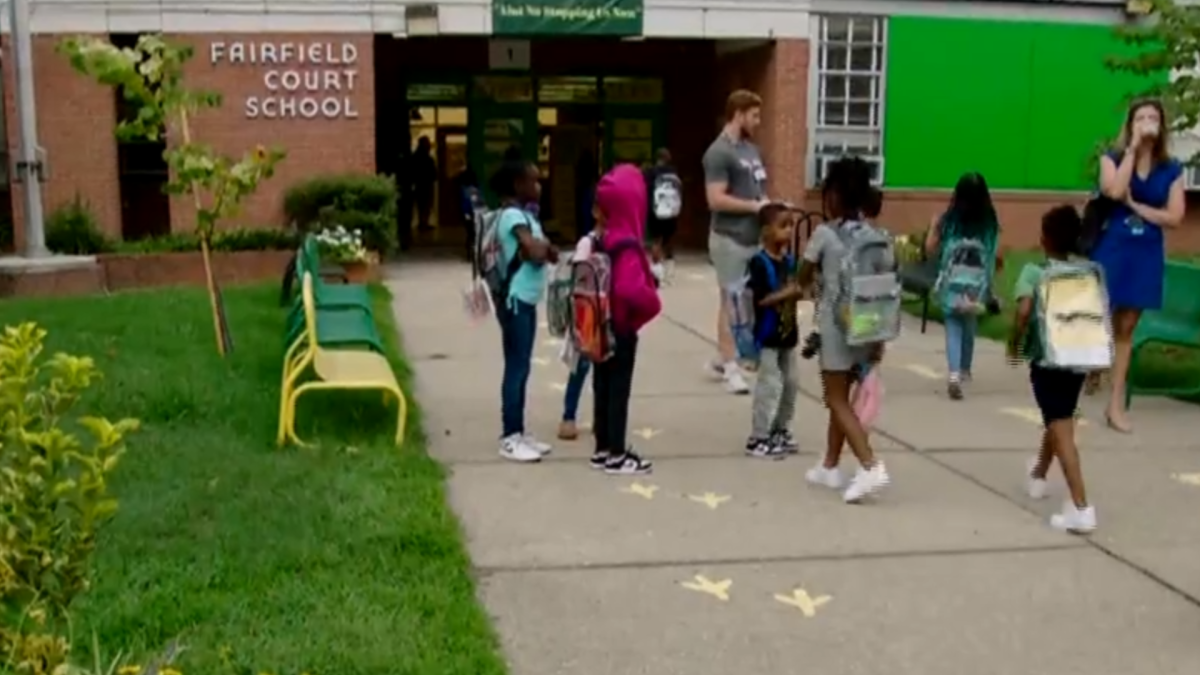
The hottest days of summer vacation are stopped cold in the capital of Virginia.
While most schools nationwide are just starting the academic year, Richmond Public Schools opened the school year for some of its elementary schools on July 22. The city started to experiment with a longer school year in 2023 in an attempt to make up for learning loss as a result of the COVID-19 pandemic.
School officials said the first year was so successful that they expanded to more schools for the 2024-2025 school year.
Student and parent reaction
Fairfield Court Elementary is one of the schools already in month two of its 200-day school year. The response has been positive from both parents and students.
Miyonn Williams, a fifth grader, said she enjoys being at school to see her friends.
Kirsten Ingram has a student in second grade. She said she was surprised at first when the school year expanded.
“When I saw that the teachers were actually excited about adding 20 days to their work calendar. I was like, ‘What? Y’all are crazy. OK.’ But their excitement, their excitement kind of spread.”
In her community, where 97% of students are below the poverty line, Ingram said other parents increasingly love the extended year.
“As a single parent, I’m not gonna lie to you. Especially being away from the grandparents, those 20 days of them being in school helps me a little bit.”
The school system allowed the teachers and the parents in the community to vote if they wanted to participate. At Fairfield Court, more than 90% of parents approved in the program’s first year.
Teacher response
The teachers who agree get a $10,000 bonus and 10% raise for the extra work, or a guaranteed transfer elsewhere.
“I saw stamina increase, fluency increase, use of vocabulary. There was growth all the way around,” reading teacher Tiffany Sneed said.
Fairfield Court principal Alicia Wright said only two of her teachers opted out. To avoid staff burnout, the school is cutting back on after school meetings.
“Time is key for educators, they want that time back,” she said. “Whenever you can give them time, that’s golden.”
Superintendent Jason Kamras acknowledges an extended academic year is expensive. They’re relying on some funding from philanthropists to avoid breaking the budget and say it might be best suited for younger students.
“When you’re in elementary school, you pretty much love going to school. You love to see your teachers and certainly for families, the idea of a month where your kids are gonna get extra learning, less child care concerns, it’s a huge, huge benefit,” he said.
What to watch as the college football season gets underway
How to ace you next job interview
A behind-the-scenes look at America’s boba boom
EMEA Tribune is not involved in this news article, it is taken from our partners and or from the News Agencies. Copyright and Credit go to the News Agencies, email news@emeatribune.com Follow our WhatsApp verified Channel





